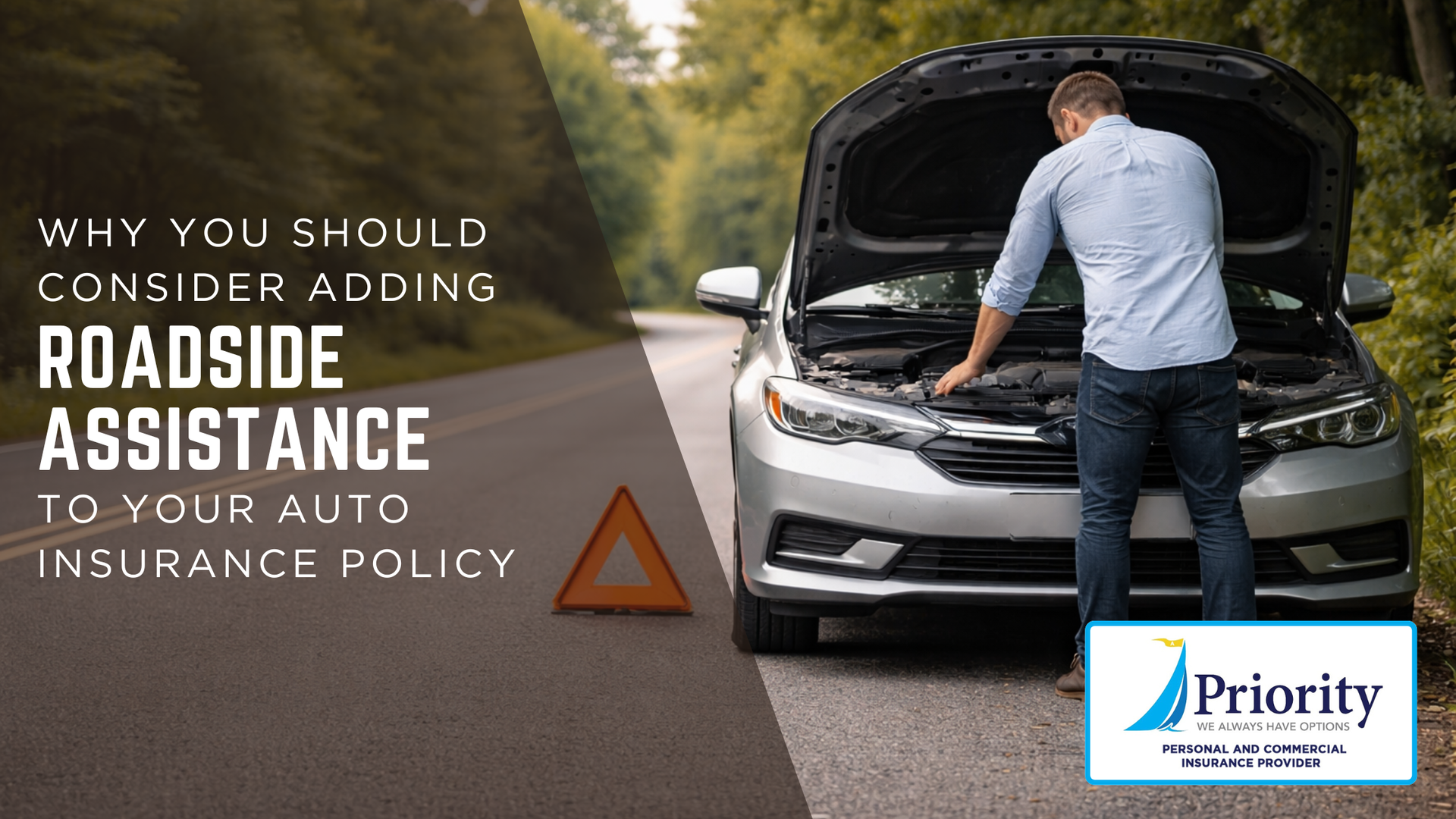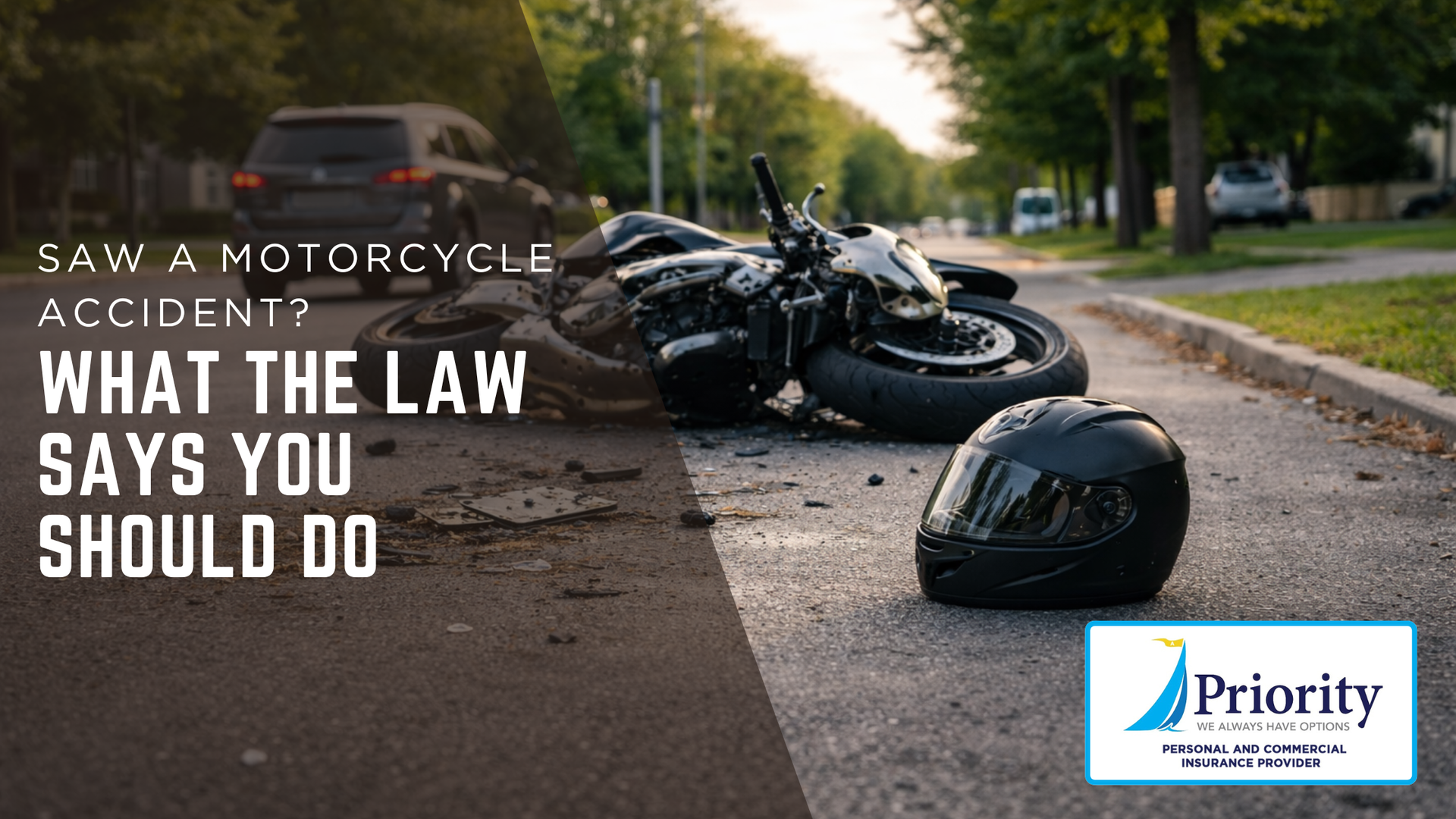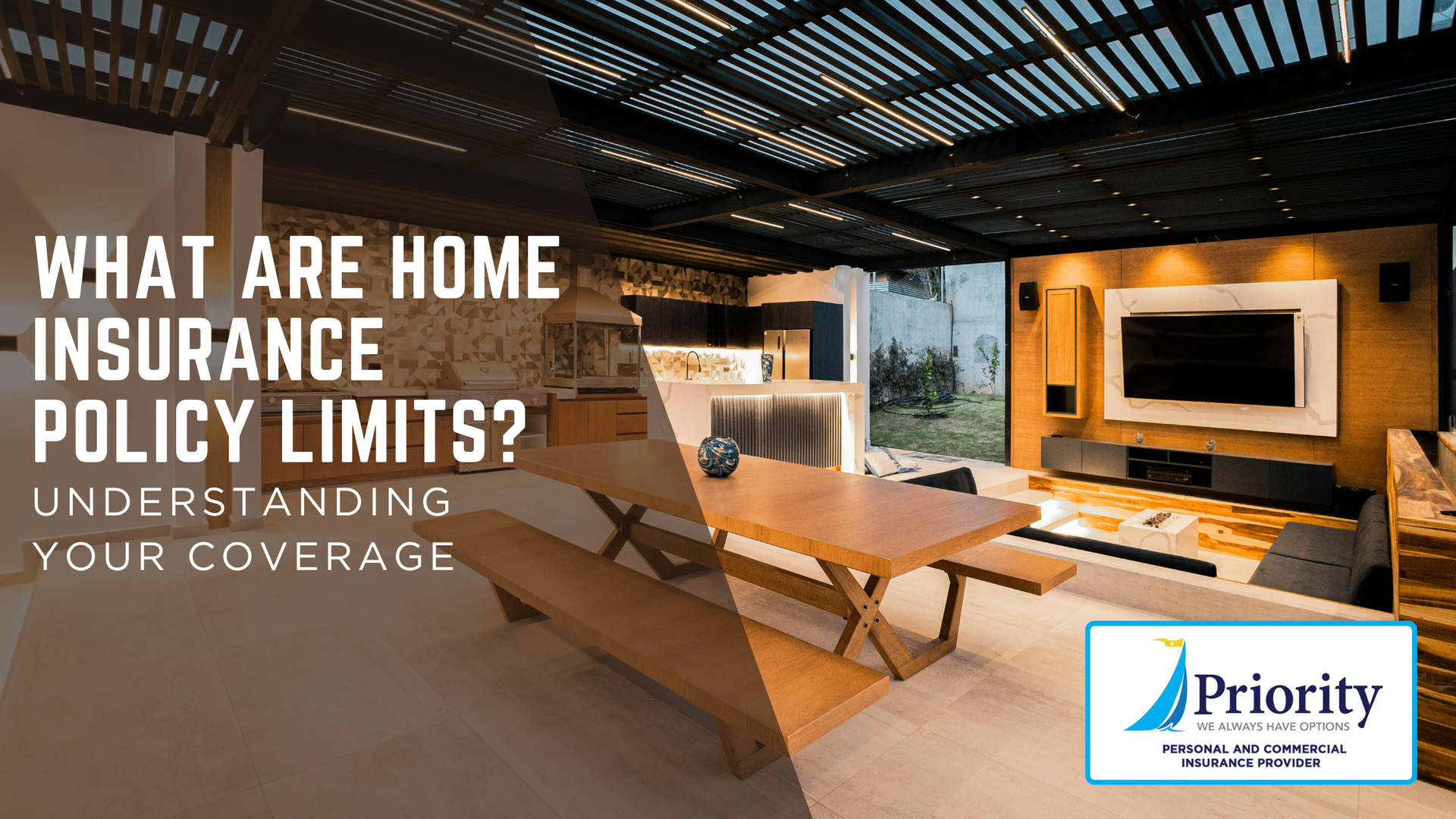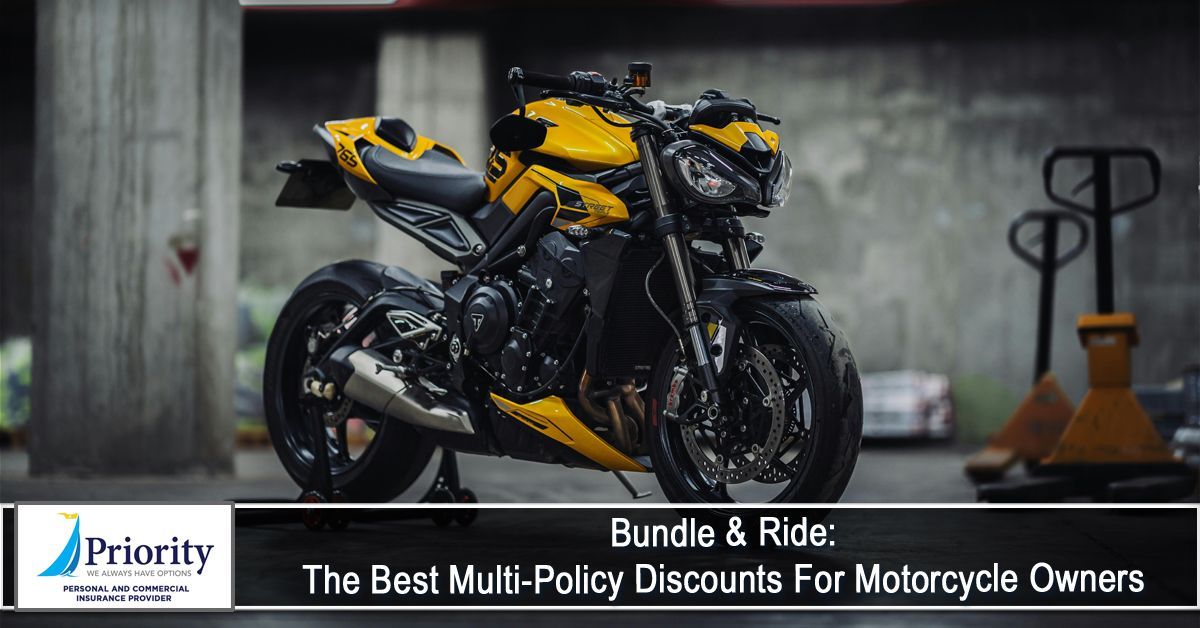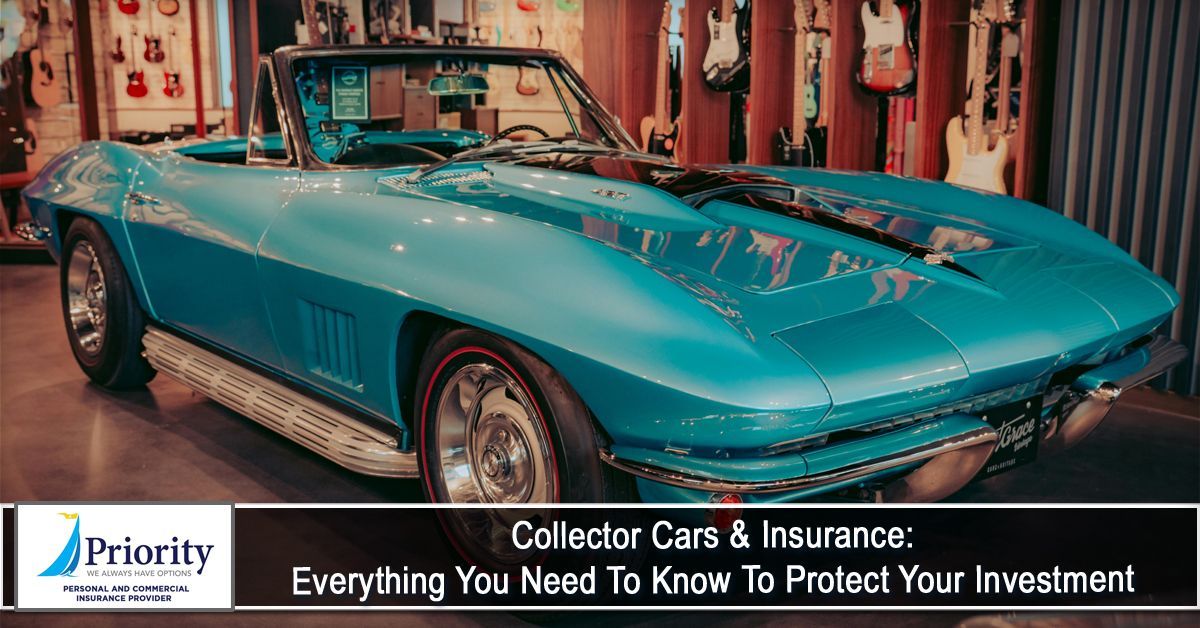
When it comes to insuring your vehicle, whether it's a motorcycle or a car, it’s essential to understand that motorcycle insurance and auto insurance are not created equal. While both types of coverage provide protection in the event of an accident or damage to your vehicle, there are distinct differences between the two that can affect how much you pay, what you're covered for, and what kind of risks you're insured against.
In this blog, we’ll explore the key differences between motorcycle and auto insurance, so you can make informed decisions about the coverage that best suits your needs.
Coverage Requirements
The basic principles of insurance are similar for both motorcycles and cars: you need coverage for liability (injuries and damages you cause to others), collision (damage to your own vehicle), and comprehensive (non-collision incidents like theft or weather damage). However, the specific requirements for each type of insurance can differ.
Motorcycle Insurance:
Motorcycle insurance is typically less expensive than auto insurance, but this doesn’t mean that it's any less important. Motorcycle riders are more exposed to risks due to the nature of riding on two wheels. Because motorcycles are harder to control and less visible than cars, they have a higher rate of accidents per mile driven. As a result, many states require basic liability insurance for motorcycles, though some states may require additional coverage depending on the rider's experience or the value of the bike.
- State Requirements: Some states require motorcycle insurance to include liability, while others may require comprehensive and collision coverage for more extensive protection.
- Helmet Laws: In some states, having coverage that includes personal injury protection (PIP) may be required, especially if you’re not wearing a helmet, which can be a major factor in injury claims.
Auto Insurance:
Car insurance is generally more expensive than motorcycle insurance due to the higher level of risk associated with car accidents. Car owners are usually required by law to carry a minimum amount of insurance coverage that includes liability, collision, and comprehensive coverage. However, depending on the state, car owners may be required to have additional coverages like personal injury protection (PIP) or uninsured motorist (UM) coverage.
- State Requirements: Most states have mandatory minimum coverage for vehicles, which includes bodily injury and property damage liability, though additional coverages may be optional.
Cost of Insurance
One of the most noticeable differences between motorcycle and auto insurance is the cost. Generally speaking, motorcycle insurance tends to be less expensive than car insurance, although there are exceptions based on factors like the type of bike, the rider’s experience, and the area in which they live.
Factors Affecting Motorcycle Insurance Costs:
- Type of Motorcycle: High-performance motorcycles or luxury brands may have higher premiums due to their increased risk of theft and higher repair costs.
- Rider Experience: Inexperienced riders often face higher premiums due to the increased likelihood of accidents.
- Safety Features: Bikes with anti-lock braking systems (ABS) or other safety features may receive discounts for being less likely to be involved in accidents.
Factors Affecting Auto Insurance Costs:
- Type of Vehicle:
The make and model of the car play a significant role in determining the cost of auto insurance. Sports cars, luxury vehicles, and cars with high repair costs generally carry higher premiums.
- Driver History: Just like motorcycle insurance, a driver’s age, driving record, and claims history will affect the premiums. Younger drivers and those with a history of accidents or traffic violations will face higher rates.
- Usage: How often and how far you drive also impacts your auto insurance costs. People who use their cars for commuting or long-distance driving are likely to face higher premiums.
Personal Injury Protection (PIP)
Personal Injury Protection (PIP) is a component of auto and motorcycle insurance that covers medical expenses for injuries sustained in an accident, regardless of who is at fault. While PIP is commonly included in auto insurance policies, its inclusion in motorcycle insurance policies is less common and often optional.
- Motorcycle Insurance:
Motorcycle riders are much more exposed in the event of a crash because they don’t have the protection of a metal frame around them. As a result, injuries tend to be more severe, and medical bills can quickly add up. PIP coverage is not as universally available for motorcycles, and riders may need to purchase additional medical coverage or opt for an accident medical payment rider. Riders can also consider health insurance or disability insurance to cover medical costs in the event of a serious accident. - Auto Insurance:
For cars, PIP is more common, especially in no-fault states, where it is required by law. In these states, regardless of who is at fault in an accident, PIP coverage ensures that each driver’s medical expenses are covered. Even in states without a no-fault system, PIP or similar medical coverage can still be purchased to provide more extensive medical benefits in the event of an accident.
Collision and Comprehensive Coverage
Both motorcycle and auto insurance policies offer collision and comprehensive coverage, but the coverage details can differ.
Motorcycle Insurance:
- Collision Coverage: Covers damage to your bike resulting from a crash, even if you are at fault.
- Comprehensive Coverage: Protects against non-collision incidents such as theft, vandalism, natural disasters, or fire. Motorcycles are often more vulnerable to theft, so comprehensive coverage is particularly important.
- Custom Parts and Equipment Coverage: Many motorcycle enthusiasts add custom parts to their bikes. Standard policies often don’t cover these, so additional coverage may be necessary.
Auto Insurance:
- Collision Coverage: Covers damage to your car in the event of an accident, regardless of fault.
- Comprehensive Coverage: Similar to motorcycle insurance, it protects against non-collision damage to your vehicle, such as theft, vandalism, or natural disasters.
- Uninsured/Underinsured Motorist Coverage: Covers damage and medical costs if you're hit by a driver without sufficient insurance.
Risk Factors and Liability
The risks faced by drivers of motorcycles and cars vary, and these differences are reflected in the insurance coverage.
- Motorcycle Insurance:
Motorcycles are inherently riskier than cars. They have less stability on the road, are more difficult to control, and offer less protection in the event of a crash. As a result, motorcycle riders face higher risks of injury, and insurance companies often charge higher premiums for full coverage. The greater risk factor also means that liability insurance for motorcycles is often priced higher than for cars.
- Auto Insurance:
While cars are generally safer than motorcycles, the risks still exist. Cars are larger, offer more protection in crashes, and tend to have better road stability. However, insurance costs can be high depending on the type of car, driver history, and location. The addition of features such as collision detection and lane-keeping assistance can lower premiums due to reduced risk.
Conclusion
When it comes to motorcycle vs. auto insurance, the fundamental coverage types are similar, but the specifics can vary greatly. Motorcycles typically require less expensive insurance, but due to the higher risks involved, they may need additional coverage, especially for medical costs. Cars, on the other hand, usually have more comprehensive coverage options and higher premiums due to the larger risks associated with vehicle accidents.
Ultimately, whether you’re insuring a motorcycle or a car, understanding the differences in coverage and risks will help ensure that you have the right protection for your needs. Be sure to review your policy regularly and speak with an insurance provider to ensure you’re getting the best coverage at the right price. Safe driving, whether on two wheels or four, starts with knowing that you’re properly covered.
At Priority Insurance LLC, we put our clients first by offering them policies that they can afford. Having insurance is a necessity nowadays, and we're here to help you out. Learn more about our products and services by calling our agency at (864) 297-9744. You can also request a free quote by CLICKING HERE.
Disclaimer: The information presented in this blog is intended for informational purposes only and should not be considered as professional advice. It is crucial to consult with a qualified insurance agent or professional for personalized advice tailored to your specific circumstances. They can provide expert guidance and help you make informed decisions regarding your insurance needs.

